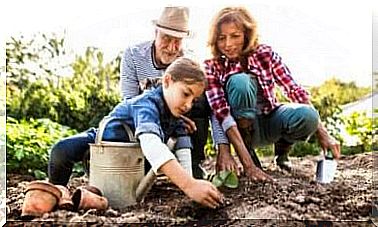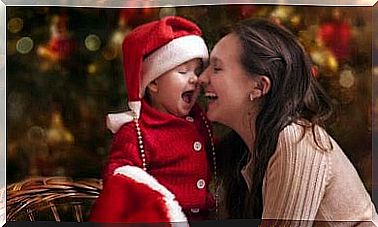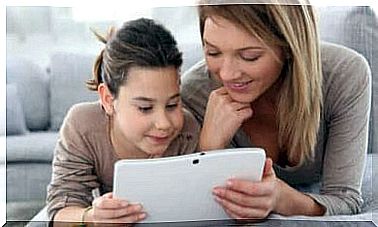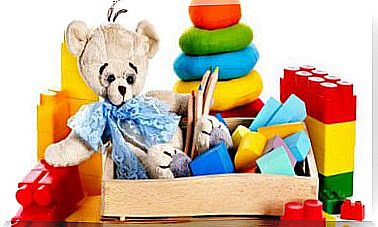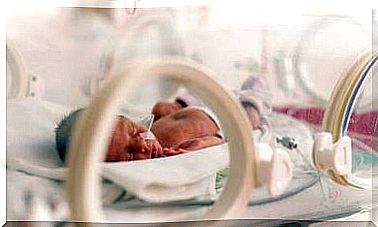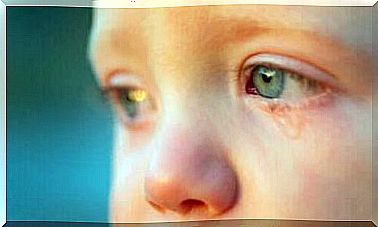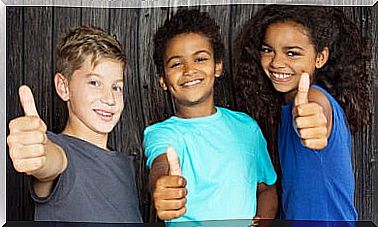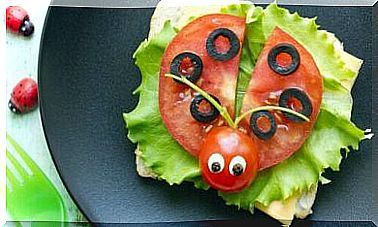When Babies Laugh – Signs Of Emotional Development
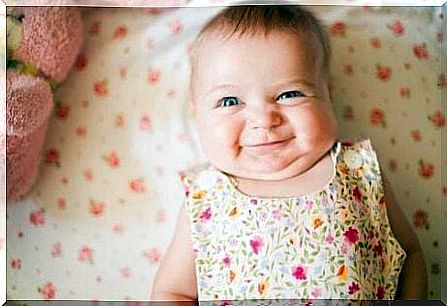
When babies laugh and smile, it is a sign of their emotional development. Read on to learn more about the subject, starting from the first smile to the laughter they share with us when they are older.
A baby’s first smile
When a baby is a month old, it is not as deprived of emotions as some people think. At that age, the child is able to feel a strong bond, which is important for its survival. To ensure their survival, they develop strong bonds with adults, usually the mother.
In addition to crying, which is the main way for a baby to express what it feels, there are other emotions a child can express: well-being, relaxation, satisfaction. These feelings are reflected when you see them silent – they listen and observe while learning about the world.
A newborn can also smile, but contrary to popular belief, it is not a product of well-being or happiness; it is due to activity in the central nervous system. It is a reflex that usually appears when they sleep.
Smiles after the first month
The smiles a baby shows when he wakes up after the first or second month are called, depending on the circumstances, social smiles. It is a result of the interaction with the world and the response to various stimuli.
Babies begin to understand that when the mother talks to them, she smiles because she is happy. They also notice that other adults smile when they see them, play with them or carry them. That’s how they start smiling themselves.
Therefore, babies smile when they feel good, talk to, get what they want or when they see or hear something that catches their attention in a positive way.
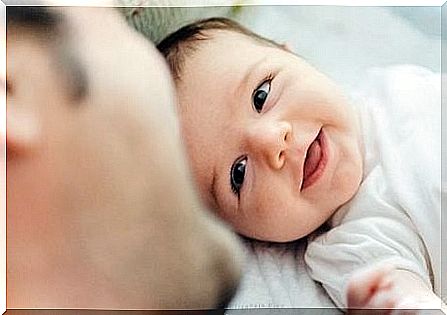
At this age, they begin to understand that in addition to crying, you can also catch the attention of adults by smiling.
Some babies laugh for the first time when they are four months old. Some start a little before and others a little after. At that age, babies start laughing when stimulated, just like adults. They do it when they find something fun: a doll that moves, when we tickle them…
After four months of age, the baby will not laugh or smile at everyone. They will only show these feelings to people they know or sometimes strangers they feel safe with.
They begin to understand that smiles are linked to emotional ties and that they can smile at the people they want to smile at. It can be called the distinctive smile phase.
When babies laugh and smile: a breakthrough in emotional development
As the child begins to understand the world, it begins to imitate the people it lives with. Children learn to respond to stimuli and move forward in their affective and psychosocial development.
A 1-month-old baby learns that affection and social contact are enhanced with smiles. They learn that smiles are worth more than getting angry and shouting. As they grow, they begin to understand that in order to get what they want – materialistically or emotionally – they have greater success with laughter and smiles.
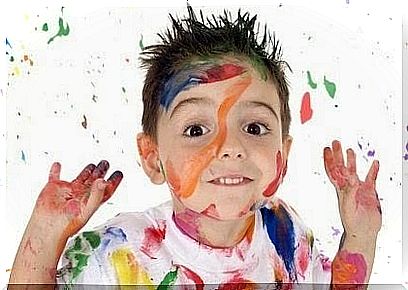
The smiles of the people around them also reinforce their feelings. If someone close to them smiles, they will feel safer. For example, if a dog walks by on the sidewalk, they may feel scared, but the mother’s smile comforts and indicates that there is no danger.
Laughter for a 2-year-old is no longer just a reflex or a show of happiness. It is a powerful tool that they use to achieve their goals and get adults to give in to their desires (emotional blackmail).
At that age we can see the intelligence of the little ones. They test people around them and act to see how others react. When a mischief does not go their way, they know that a smile can make them avoid any punishment.
Laughter can also be stimuli for their emotional and cognitive development. They start laughing at absurd situations: when they see other children fall or even when they see themselves in a video.
Laughter and smiles help them grow and strengthen their well-being and behavior as human beings. It helps them become friendlier, make more friends and feel happy.
When babies laugh and smile, you can rejoice that they are developing emotionally.

